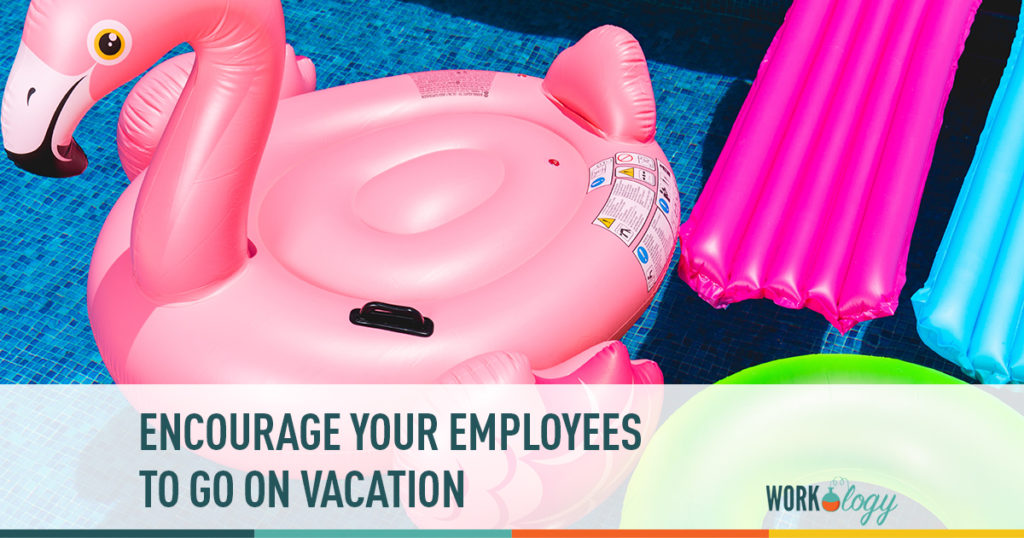In 2017 20% of Americans skipped out on a summer holiday. Some of them were banking their vacation days for a later, more important holiday. But others, especially those in workplaces with flexible and unlimited vacation policies, just weren’t taking vacation days at all. While employees taking less time off and focusing more on the business of work might sound good to you, their boss, not taking time off slowly but surely reduces their productivity and the quality of their work. Employees who take no vacation at do less work and the work they do is worse.
Work life balance isn’t just about clocking out on time and leaving emails unanswered over the weekend – it’s also about taking longer breaks to rest, recharge, and try new things outside of your routine. That’s why you should encourage your employees to put in for summer holidays this year.
Time Off Guilt
In addition to the 20% of Americans who took no vacation days at all, 59% of Americans spent at least part of their vacation days working all day remotely, taking meetings, and replying to emails. Not only is it hard to convince Americans to take time off, it’s hard to get them to stay off even when you manage to push them out the door. It’s not that Americans love working so much they can’t stop (although some of us are confirmed workaholics), but that they experience guilt and worry when they aren’t working. Did I do enough? Is someone showing me up while I’m on the beach? Do I look less than fully devoted to our bottom line?
But Americans don’t actually adore working so much that they can’t stop – they’re just used to the pervasive norm of work devotion. If overworking is expected than working normal hours feels like slacking. And if being fully engaged and committed to the good of the company at all times is the company ideal, taking time out for yourself feels bad. Being all in for work all the time, though, isn’t healthy.
Be An Example
Taking a well earned vacation shouldn’t be a source of guilt or worry, and approaching your boss about scheduling time off shouldn’t fill you with dread. Vacation should be a normal part of your work life – an essential rest period that’s meant to give you time to yourself and to come back stronger and with new ideas. It’s clear from the above numbers that this isn’t the case for most Americans. But what about your own workplace? If your employees aren’t taking their earned vacations or are working through them, they are, without exception, slowly burning out. And the same is true for you.
One of the best ways to encourage healthy work life balance in your employees is to model it yourself. They take the lead from your behaviour, and if you’re skipping vacations or making yourself available for meetings throughout them, then what you’re modelling is overwork and anxiety. When you skimp on your own time off employees do read your passion, but they also see your worry: it looks like you don’t trust them to get along without you. That attitude carries forward to how they approach their own work, and time away from it.
But don’t worry, you can turn that around and the first step is easy: take a vacation. Leave early, sometimes, when you need to. Take sick days when you just can’t manage to come in. Go on vacation regularly, answering work calls only when they’re a true emergency. Be generous with yourself and your employees will follow your example, taking the rest time you’ve all earned and deserve.









2 Comments
I totally agree, human aren’t robot, even robot do have down time. We must take break from time to time to recharge, during the vacation you can earn few hours to think about how you do your job better when you are back.
Very solid advice here. Being a power of example is the most effective step to starting a trend of work life balance in your workplace. For some companies, it works to offer unlimited vacation to their employees. This is because not only does it allow employees to be happier and less likely to get burnt out, it also prevents employees from accruing vacation time they can cash out on when they decide to leave the company. Often, employees can get the same amount done in a 6 or 7 hour workday that they would get done in a 10 hour workday if they are in a more focused and relaxed state of mind.
Comments are closed.